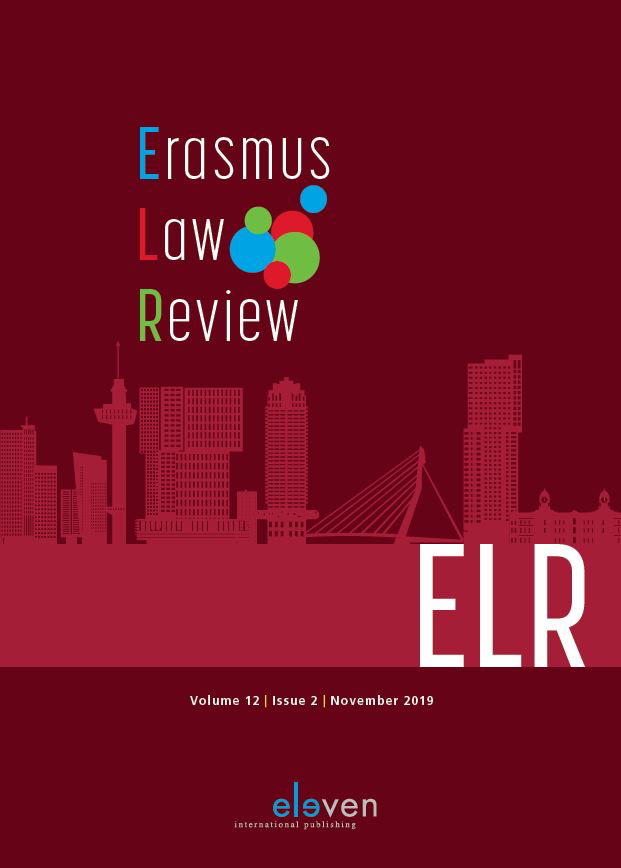|
This article discusses how faith-based investing addresses sustainability, focusing on Catholic, Church of England, and Islamic faith-based investing in the US, the UK and Malaysia, respectively, as illustrative examples. It posits that there are three dimensions to how these three institutional religions approach sustainability through faith-based investing, namely the underpinning religious values and principles, the legal and regulatory framework governing faith-based investing, and investment stewardship approaches. Section 2 provides an overview of sustainability and sustainable finance, situating faith-based investing within the universe of socially responsible investing and environmental, social and governance investing. Section 3 delves into sustainability and the values and organising principles underpinning Catholic, Church of England, and Islamic faith-based investing to highlight areas of conceptual alignment and their nexus to sustainability. Section 4 examines the legal and regulatory frameworks governing faith-based investing contrasting an extensive reliance on soft law in the US context with specifically tailored law and regulation for Islamic faith-based investing in Malaysia and considers its implications on the certification of faith-based investing as a central element. Section 5 compares the faith-based investment stewardship approaches in these jurisdictions to identify areas of convergence and divergence. Section 6 reflects on the broader opportunities which faith-based investing encounters in its development and the challenges it faces in advancing sustainability. |


Erasmus Law Review
About this journalSubscribe to the email alerts for this journal here to receive notifications when a new issue is at your disposal.
| Article |
|
| Keywords | ESG, faith-based investing, stewardship, sustainability |
| Authors | Petrina Tan Tjin Yi |
| AbstractAuthor's information |
| Article |
|
| Keywords | Artificial Intelligence, private autonomy, contract law, consumer vulnerability, emotions |
| Authors | Tommaso De Mari Casareto dal Verme |
| AbstractAuthor's information |
|
Within the context of mass production, consumers represent a vulnerable category since they are the weaker contracting party due to the existing information asymmetry between companies and customers. Moreover, consumers suffer from new forms of vulnerability due to the combination of new technological phenomena – such as Artificial Intelligence (AI) and Big Data – and the latest findings in neuroscience, which allows businesses to have a monopoly on the newly acquired knowledge on consumers’ purchase decision-making. This article aims at analysing the new technological trends in digital marketing that show the increasing role of ‘AI emotional marketing’ as a tool to access the inner and unconscious layers of consumers’ mind to redirect their economic choices. In this respect, the article will focus on the legal notion of ‘autonomy’ within the EU legislation on consumer protection and contract law, in order to investigate whether the current legal framework is well equipped to counteract the new form of algorithmic manipulation in the digital market. |
| Article |
|
| Keywords | frustration, COVID-19, contract law, change of circumstances |
| Authors | Alexander F. H. Loke |
| AbstractAuthor's information |
|
Despite the immense impact of COVID-19 on the business environment, the Hong Kong (HK) courts did not find room for the operation of the frustration doctrine. While all the reported HK cases involved leases, they offer valuable lessons on the theoretical basis of frustration and how the ‘radical change in nature of obligations’ test is critically concerned with characterising the nature of the bargain. Beyond their precedential value, the decisions point to the limits of contractual construction and the need to recognise the role of legal policy in exercising what is in effect judicial risk allocation when applying the doctrine of frustration. |

 Issue 3 (incomplete)
Issue 3 (incomplete)